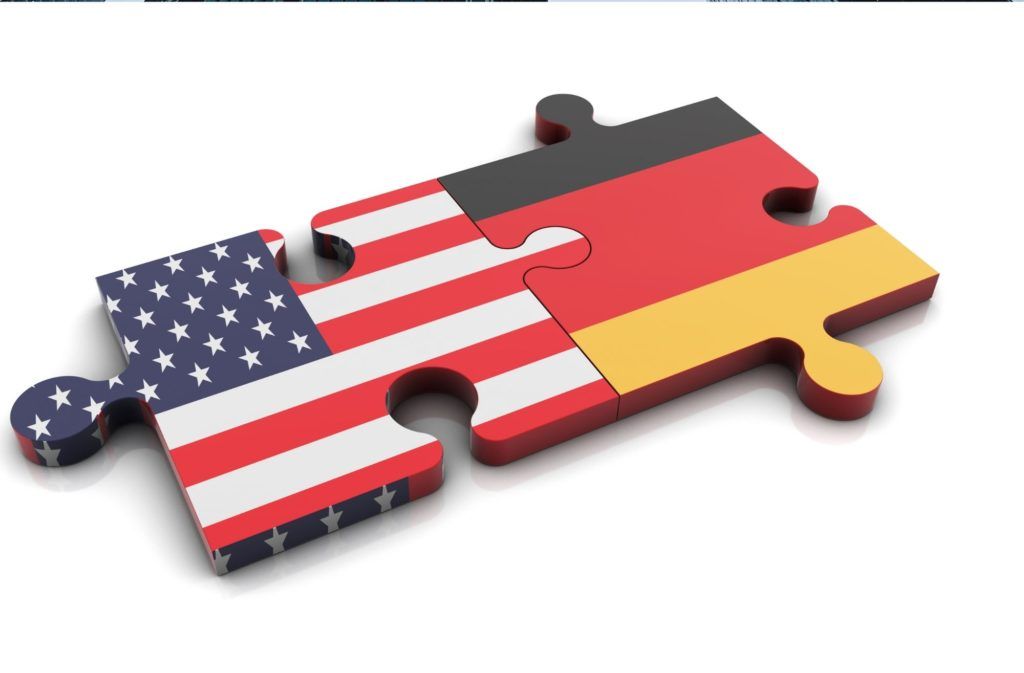
Germany Could Lose 290 Billion Euros Due to U.S. Tariffs: Report
The German Economic Institute (IW) has warned that U.S. tariffs might reduce Germany’s economic production by up to 290 billion euros (330 billion US dollars) over four years, with the largest economy in Europe expected to lose 1.6 percent of its GDP annually by 2028.
Large trade deficits are cited in the report’s analysis of the possible effects of the “reciprocal tariffs” that U.S. President Donald Trump announced on April 2 and which would impose an additional 20% levy on imports from the European Union (EU) and other trading partners.
By 2028, Germany may suffer direct losses from these policies of up to 200 billion euros, or 1.2 percent of GDP every year, according to the IW. When retaliatory actions are taken into account, the total damages might reach 290 billion euros.
By 2028, the total losses to the EU might reach 1.1 trillion euros, according to the analysis.
Even though the duties were suspended for 90 days, the uncertainty that resulted has already had a significant impact on international investment planning, the IW said, adding that “Donald Trump is instigating a global trade war that will hurt everyone.”
Germany, whose economy is mostly focused on exports, has had a trade surplus with the US for 33 years running. This excess amounted to a record 69.8 billion euros in 2024. 10.4 percent of Germany’s overall exports last year came from the US, the largest percentage since 2002, according to data from the country’s statistics agencies. Because of this, Germany is more susceptible to the effects of US tariff increases.
With the suggestion that retribution would expand beyond products to encompass U.S. digital companies and other service sectors, the IW urged the EU to take decisive action. Considering the significant services surplus that the US has with the EU, such actions might even be more successful than focusing on the trade of products. One euro is worth 1.14 US dollars.
All Categories
Recent Posts
Tags
+13162306000
zoneyetu@yahoo.com



